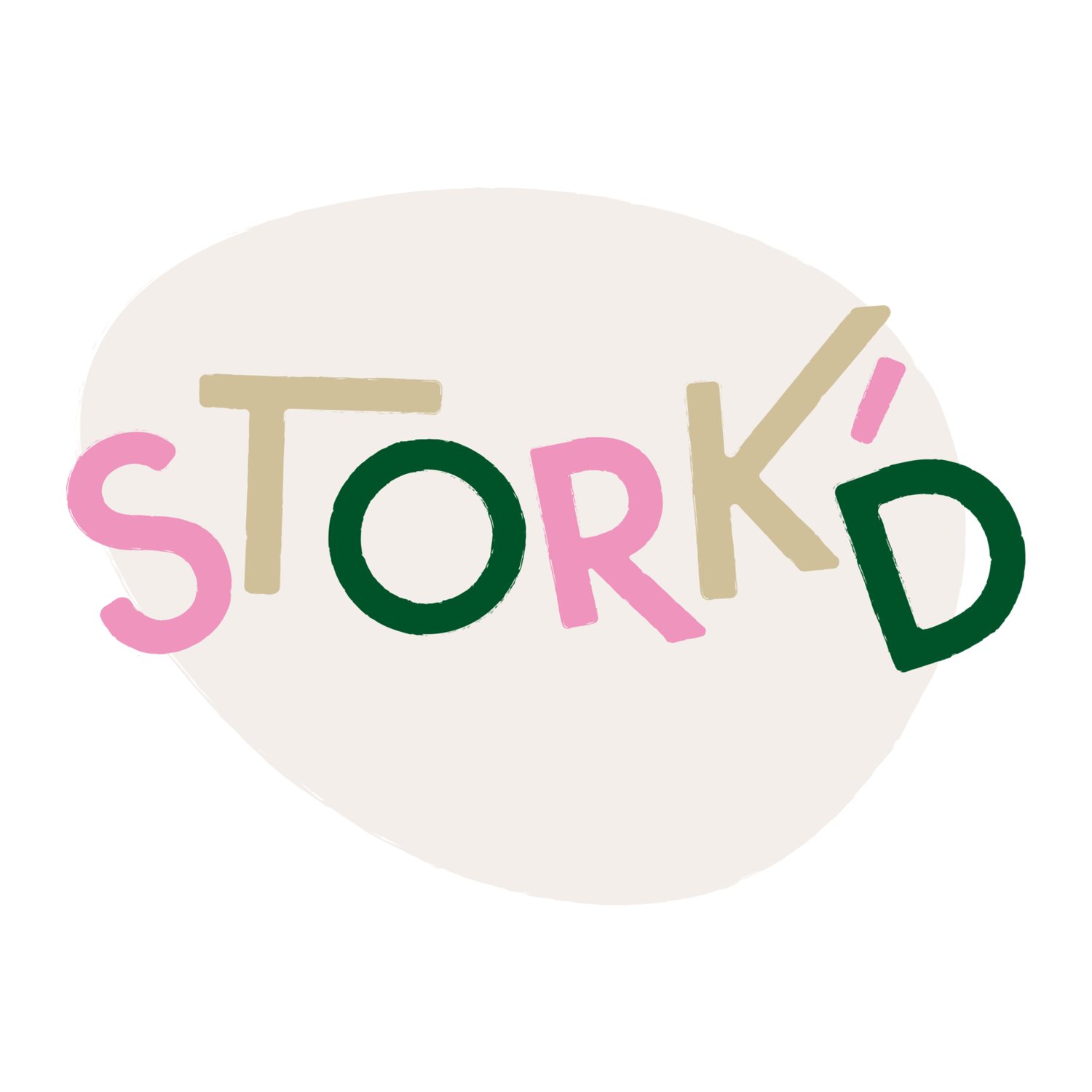It’s All in Your Mind, Literally: The Neuroscience of New Parenthood With Chelsea Conaboy
Many new parents share that they feel a shift in identity as they begin to care for a child in the house. It can be hard to identify what’s changed and why. If you have ever found yourself as a parent thinking, “I feel the same but also so different, why?” or “what is happening to me? Why do I feel the way I do?”, or “who am I now that I am a parent?” this episode is for you.
Chelsea Conaboy, author of Mother Brain, shares that this transformation into new parenthood has a scientific basis, affecting mothers and all individuals caring for an infant. The brain is being rewired for nurturing. She will share her scientific research on why the brain undergoes profound changes and expose the flaws perpetuated by the myth that mothering is solely a woman's domain, known as "maternal instinct." In truth, these changes occur in anyone responsible for the ongoing care of a baby. Get ready to discover the science behind the shift in all our brains, regardless of gender or parental role.
IN THIS EPISODE:
[3:03] Chelsea shares what drove her to write the book Mother Brain
[6:36] Chelsea discusses the concept of maternal instinct versus the science of the brain when you become a parent
[13:10] Discussion of the research in this field
[18:13] What advice would Chelsea give to a new parent? She describes the guilt she experienced when she had her son
[23:26] Chelsea dives into when you should seek help for your feelings and what she would change in our culture
[29:36] There is an impact on the entire family dynamic when a baby comes into the home, affecting even the relationships you have with other parents
[35:09] Chelsea would like to see more research in the area of fathers, non gestational parents and social policy
[38:01] Chelsea stresses that when you need help, ask for it, and a discussion of solo parenting and the shame they endure
[45:18] Discussion of how the human brain has developed over time, Chelsea's view of family and how her research has informed her parenting
KEY TAKEAWAYS:
The maternal instinct theory has been passed down through generations trying to explain what goes on within the brain of a woman who has a child or cares for a child.
Two things shape the parental brain. One is hormones, and the other is experience. Babies are such powerful stimuli for the brain that anyone caring for them also experiences hormonal changes.
The bottom line for parents is that having a newborn is a process. It is hard, and that is normal. Accept that your brain changes when you commit to caring for an infant. Don't feel guilty if you struggle with how you feel inside.
RESOURCE LINKS:
BIOGRAPHY: Chelsea Conaboy
I am a health and science journalist. I started my career at the small but mighty Concord Monitor in New Hampshire, where I discovered my love for narrative writing. I wrote about health care at the Philadelphia Inquirer and the Boston Globe, and I was part of the Globe staff that won the 2014 Pulitzer Prize for breaking news coverage of the Boston Marathon bombings. For three years, I led the features report at the Portland Press Herald in Maine, where I edited weekly sections on arts and entertainment, books, food, and sustainable living. My writing has also been published by The New York Times, Mother Jones, Politico, the Boston Sunday Globe magazine, National Journal, The Week, ParentMap, and WBUR. I have been a fellow with the Poynter Institute, the National Library of Medicine and the Health Coverage Fellowship led by writer Larry Tye.
Mother Brain: How Neuroscience Is Rewriting the Story of Parenthood, published by Henry Holt & Co., is my first book. The writing and reporting of Mother Brain was supported by a generous grant from the Alfred P. Sloan Foundation's Public Understanding of Science and Technology Program. Parts of Mother Brain were written in the cabins of the Hewnoaks Artist Residency.
DISCLAIMER:
The podcasts available on this website have been produced for informational, educational and entertainment purposes only. The stories and experiences contained within reflect the experiences and opinions of the guest and may contain content found to be triggering by listeners. Listeners should take care to avoid program content which may not be suited to them.
The contents of any podcast do not constitute medical or professional advice, do not reflect the opinions of the podcast or its host and do not create any type of professional relationship between the audience and presenters. No person listening to and/or viewing any podcast from this website should act or refrain from acting on the basis of the content of a podcast without first seeking appropriate professional advice and/or counseling, nor shall the information be used as a substitute for professional advice and/or counseling. Stork'd Podcast expressly disclaims any and all liability relating to any actions taken or not taken based on any or all contents of this site.

